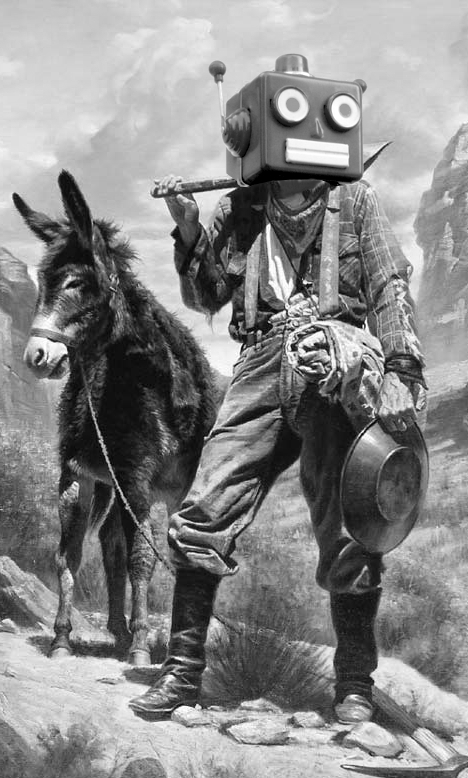Workforce warned before robot revolution
 Robots will change the Australian workforce in the next decade, according to some.
Robots will change the Australian workforce in the next decade, according to some.
Attendees at the Future of Work Conference in Queensland were warned of the impending automation of many industries, but some will still need a human touch, experts say.
Renowned University of Oxford Associate Professor in Machine Learning Michael Osborne addressed the conference, talking about his ground-breaking study (PDF) which predicted 47 per cent of jobs in the US could be overtaken by computers in the next twenty years.
He pointed to farm work as one place where technological intrusion has been happening for decades.
In 1900, 40 per cent of US workers were farmers and by 1999 it was 2 per cent, with little change in the country's unemployment rate.
Professor Osborne said modern jobs highly susceptible to automation include data entry keyers, referees and umpires and even waiters and waitresses. More secure roles included members of the clergy, choreographers and funeral attendants.
Transport and mining industries are the most likely to undergo heavy automation in the future.
“The first fully autonomous mine site according to our best estimates today is probably only about 10 years away,” he said.
But three key “bottlenecks to automation” - creativity, social intelligence and perception - would ensure humans were still needed.
“What unites those bottlenecks is the fact that humans possess a very deep reservoir of tacit human knowledge about the society and culture we find ourselves in,” Professor Osborne said.
“For example... let's say we're trying to write a hit song. It's relatively easy to design an algorithm that is able to churn out songs ad infinitum, but it's very difficult to teach that algorithm the difference between a good song and a bad song.
“Because as humans, we draw on an enormous variety of cultural cues from over our lifetime and it's difficult for us to get that into code.”
Professor Osborne said the “most alarming” part of the study was that those earning higher salaries and holding at least a bachelor degree were the least likely to be affected by job automation.
“To me this was probably the most alarming finding in our study because it suggests that the people least well equipped to move into new forms of employment are those who are going to feel the burden of automation resting most heavily upon their shoulders,” he said.
“It really does raise some concerns that questions of inequality we are already tackling are likely to worsen.”
But these are just predictions, and even Dr Osborne admits there are variables impossible to imagine.
“Only 5 per cent of the US workforce is employed in industries created in the 21st Century,” Osborne said.
“But you would have been hard pressed to find someone who would have been able to predict back in the year 2000 that Zumba instructors would have been one of the fastest growing occupations in 2014. It's very difficult over a 10 year horizon to predict what the new jobs will be.
“We as a society are not short of challenges to tackle in the 21st century and those challenges are very much going to demand human skills, human hands, human intelligence, human empathy, all things that are not going to be readily replaced by machines.”







 Print
Print